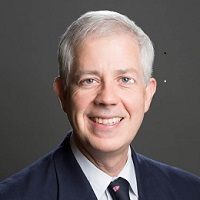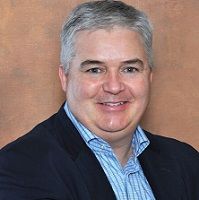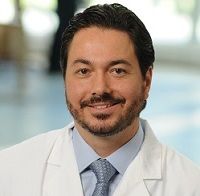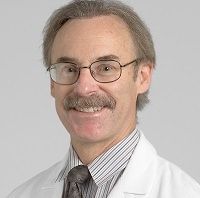In Case You Missed It: ACC Scientific Sessions 2017 Wrap Up
THe ACC's meeting offered studies likelcc200y to impact clinical practice.

Many physicians have said they found the American College of Cardiology’s Scientific Sessions 2017 the most newsworthy such ACC conference in recent years. MDMag.com had team coverage with stories and video interviews.
The FOURIER trial showed that the PCSK9 inhibitor evolocumab when added to statin therapy reduced major adverse cardiovascular events by 15%. Marc Sabatine, MD, of Brigham and Women’s Hospital in Boston presented the results.
These PCSK9 drugs are so effective in reducing LDL cholesterol that some patients and their physicians have wondered if they pose a risk to cognition, as in so-called “statin brain” loss of mental focus. But the EBBINGHAUS study showed those worries appear misplaced.

Robert Giugliano, MD (photo, left) of Brigham and Women’s Hospital in Boston presented the results in patients who got evolocumab in addition to statin therapy. He discusses the EBBINGHAUS study in a video interview with MDMag.
Type 2 Diabetes can pose a risk of heart failure. But there are promising results from the CVD-REAL study that found SGLT-2 inhibitors reduced hospitalizations for heart failure in these patients. Steven Zelenkofske, DO, vice president of US Medical Affairs at AstraZeneca, discussed the study in a video interview.
Diabetes and heart failure risk was also the subject of the PARADIGM-HF trial and Scott Solomon, MD, director of noninvasive cardiology at Brigham and Women’s and a professor of medicine at Harvard Medical School said the trial showed unexpected metabolic benefits to sacubitiril/valsartan. He discusses the surprising findings in a video interview. “We didn’t expect to see this,” Solomon says.

Another source of heart problems can be surgery—any kind of surgery--according to a study from Canada. P.J. Devereaux MD, PhD, (photo, left) director of cardiology at McMaster University in Hamilton, Canada put that heart injury risk at nearly 1 in 5 (18%) in patients having non-cardiac surgery and recommended that physicians test patients for Troponin-T after surgery, particularly if they are 65 or older.
A complication of cardiac disease can be venous thromboembolism (VTE). In a video interview Paul Burton, MD, PhD, discussed the results of EINSTEIN CHOICE. The trail compared rivaroxaban and aspiring as therapies to prevent VTE.

In an article about the EINSTEIN CHOICE trial Philip Wells, MD, (photo, below left) chief of medicine at the University of Ottawa said rivaroxaban was clearly more effective with only 1.2% to 1.5% of patients on rivaroxaban getting clots in contrast to 4.4% of patients getting aspirin as therapy.
Atrial fibrillation carries an increased risk of heart-related deaths. Digoxin adds dramatically to that risk and should not be considered a first-line drug, Renato Lopes, MD, PhD, (photo, right) reported in an analysis of ARISTOTLE results.

There was much discussion about stents, and stenting vs surgery. The US Food and Drug Administration released a letter warning about major cardiac events with the Absorb GT1 stents even as the ACC meeting was happening. But in a presentation of a study of the device called ABSORB III, investigator Stephen Ellis, MD, (photo, left) of Cleveland Clinic said user error is to blame, not the device itself.
These stories and videos and many more are on our ACC Scientific Sessions 2017 page.